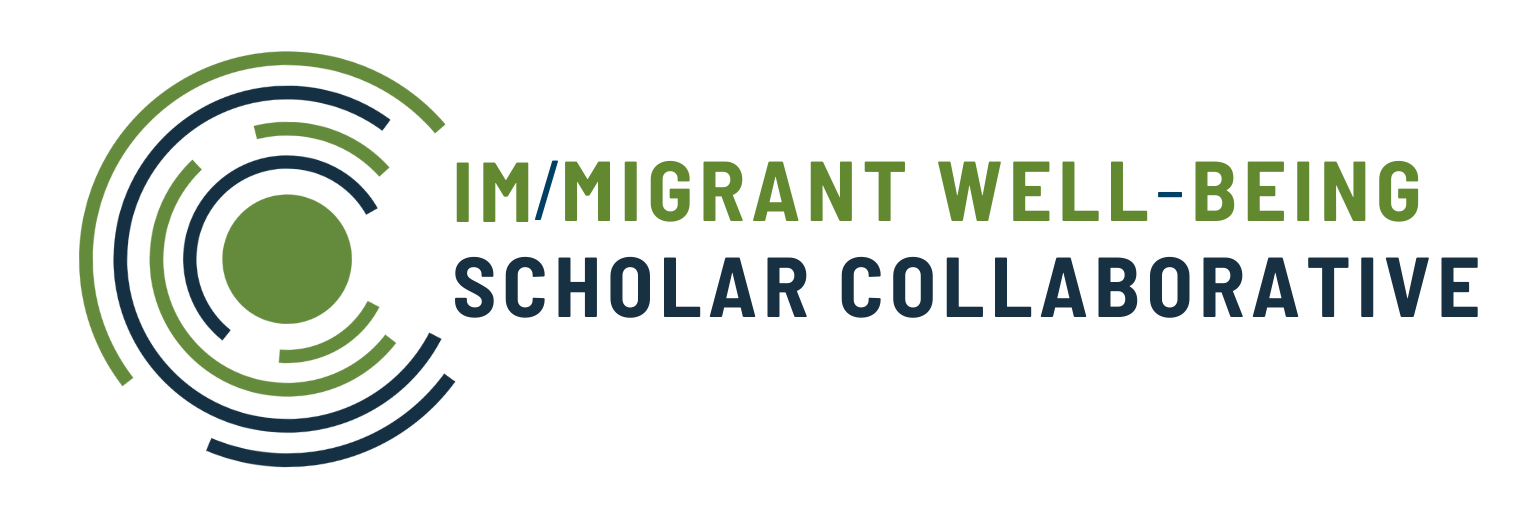Immigration is likely to be a defining issue as President Biden and former President Trump take the stage for their first Presidential debate. Recent polls on the issues voters think are the most important problem facing the country indicate that voters are more concerned about immigration than inflation, with a February 2024 Gallup poll finding that 28 percent of Americans consider immigration the most pressing problem facing the country today.
Another Reuters/Ipsos poll from the same month revealed stark polarization by political party, with Democrats viewing extremism as the top issue, while Republicans overwhelmingly chose immigration. These polls are one barometer that highlight how voters across party lines are focused on immigration as they head to the polls this November.
It’s no surprise then that both Biden and Trump have sparred on immigration policy as noted by the Washington Post in the lead up to the debate. However, if there’s anything that is not up for debate, it is that harsh rhetoric and policies targeting im/migrants have consequences for im/migrant well-being. So, what might immigration policy look like under different Presidential administrations, and what might the ramifications be for im/migrant well-being come January 2025? The following is an analysis of the 2024 elections through the lens of the impacts of immigration policy on immigrant communities in the US and recently published empirical research on im/migrant well-being.
Potential Immigration Policies Under Different Presidential Administrations
Both Trump and Biden visited the border in Texas at the end of February 2024, making “dueling trips underscoring how important immigration has become for the 2024 election.” What might immigration policy look like under a Trump or Biden second term? If re-elected, Trump has pledged to launch the largest deportation effort in US history, end DACA, restrict birthright citizenship, restore the “remain in Mexico” program, and impose a new more expansive travel ban. In a nutshell, critics have argued that if Trump were to be reelected his immigration policies would be “his old ones — but worse.”
Trump has also ramped up his anti-immigrant rhetoric on the campaign trail, comparing migrants to fictional serial killer Hannibal Lecter, stoking fear about immigrants bringing “languages that nobody in this country has ever heard of,” and dehumanizing immigrants stating that they are “poisoning the blood” of the country.
Research conducted during Trump’s presidency highlights the potential deadly impacts of such harsh rhetoric and policies on immigrant well-being, with undocumented and immigrant youth facing higher rates of suicide and self-harm due to the fear and anxiety of family separation and uncertain legal status. These aggressive policy responses are not new: they are a part of the “Prevention through Deterrence” strategies deployed by both political parties that has defined US border enforcement since the 1990s, resulting in over 7,500 border crossing deaths between 1998-2021 at the Southwest border alone.
On the other hand, Biden’s stance on immigration has shifted since the beginning of his term. While initially rolling back several of Trump’s policies, Biden is now pressing for greater asylum restrictions and backing bills that would limit daily border crossings. The Migration Policy Institute has described Biden’s presidency as “The Most Active Immigration Presidency Yet,” underscoring the importance of immigration policy in his administration. However, this shift toward more restrictive policies makes it difficult to predict what immigration policy might look like in a potential second term for Biden.
Complex Challenges and Controversies, Immigrants as Political Pawns in Congress
The challenges surrounding im/migration policy and well-being this presidential election year are complex and multifaceted, encompassing a myriad of issues such as border security, pathways to citizenship, asylum policies, deportation, and detention. From late 2023 to beginning of 2024, Congress was embroiled in a battle to avert a government shutdown as members attempted to come to an agreement around supplemental and government funding bills. Immigration policy and border security have been a key sticking point in the debates.
Further, at the state and federal levels, im/migrants continue to be scapegoated for various social issues, such as fentanyl and the opioid overdose death crisis, despite data showing these claims are rooted in nativist falsehoods. This scapegoating is not new; throughout US history, immigrants have faced harsh rhetoric and legal violence, which research shows has negative effects on both immigrants, and citizens alike.
As in past decades, immigrants are being used as political pawns, with their fates largely determined by legislators who do not reflect the demographic diversity of the communities they serve. The consequences of the lack of representation are particularly acute, with immigrant communities facing a growing wave of xenophobia, hate crimes, and dehumanizing rhetoric from policymakers and political candidates.
Troubling Trends at the State Level
At the state level, measures like Texas’ SB 4, which criminalized “illegal entry and illegal reentry,” are part of a growing wave of anti-immigrant state-level policies that prioritize stronger enforcement over the well-being of immigrant communities. SB 4 demonstrates one example of the rapid and regular pace at which states are passing harsh measures targeting immigrants, with well-being taking a backseat to enforcement.
The Impacts of Harsh Immigration Policies on Im/migrant Well-Being
Research conducted by the Im/migrant Well-Being Scholar Collaborative 2023-24 policy fellows and scholar affiliates highlights the far-reaching consequences of harsh immigration policies on communities. A study by Dr. Nilda Flores-González, Dr. Emir Estrada, Dr. Michelle Téllez, Daniela Carreon, and Dr. Brittany Romanello found that the militarization of the US-Mexico border has caused US citizens living within the 100-mile border enforcement zone to become “collateral victims” of invasive immigration enforcement, eroding their sense of belonging and altering their behavior in response to discrimination by border officials.
Another study by Dr. Mirian Martinez-Aranda reveals that electronic monitors used by Immigration and Customs Enforcement (ICE) negatively impact immigrant parent-child relationships and have significant unintended consequences for the well-being of children, including feelings of fear, shame, and isolation. Lorena Avila and David Ibañez’s research on bond amount trajectories in immigration court sheds light on the economic burdens detention and high bail amounts impose on immigrant families. Avila and Ibañez found that average bond and loss of income from detention total over 40% of the average annual earnings for an undocumented household, detrimental to social mobility and stability. This empirical research highlights just a few examples of the far reaching effects immigration policy has on im/migrant well-being and underscores what is at stake in the upcoming elections.
The Importance of Staying Informed and the Role of Research in Policy Making
As the 2024 elections near, it is essential for voters to consider the candidates’ stances on immigration policy and the potential impact on immigrant communities. The lives and well-being of millions of immigrants and their families hang in the balance, and it is crucial that the US works towards creating a more humane and equitable immigration system that reflects the diversity and values of our nation.
The Im/migrant Well-Being Scholar Collaborative remains committed to promoting research-informed approaches to immigration policy that prioritize immigrant well-being. The Collaborative believes that elevating research on the social, emotional, relational, economic, psychological, and physical well-being of im/migrants explicitly addresses the needs of peoples excluded in contemporary empirical and policy-making approaches and benefits everyone. As the election draws near, we urge voters to keep these issues at the forefront of their minds and to demand that candidates address immigration policy and well-being with evidence, compassion, nuance, and a commitment to upholding the dignity of all individuals.
Thomas J. Rachko, Jr. serves as a research-to-policy implementation specialist at the Im/migrant Well-Being Research Center and Im/migrant Well-Being Scholar Collaborative.

